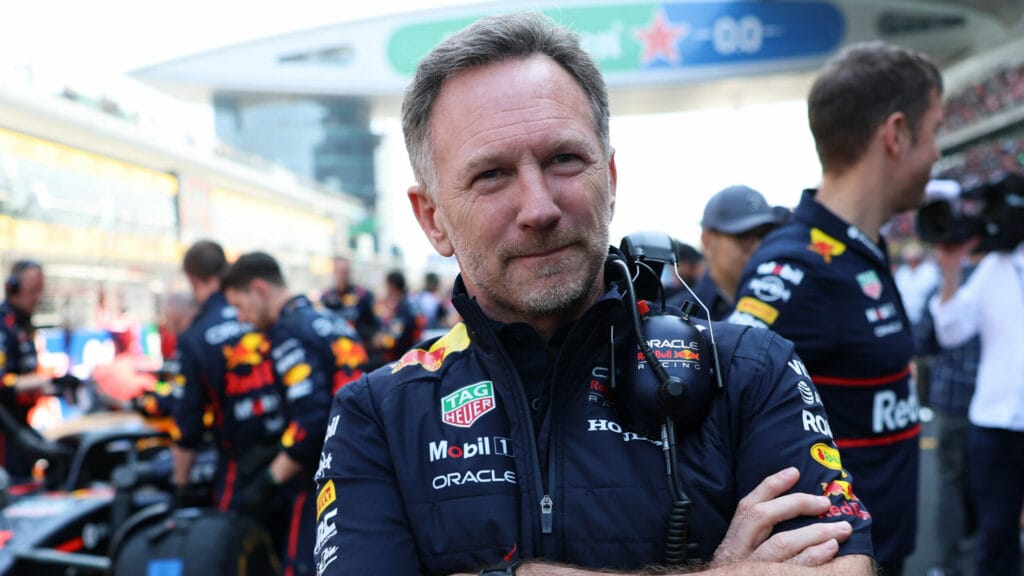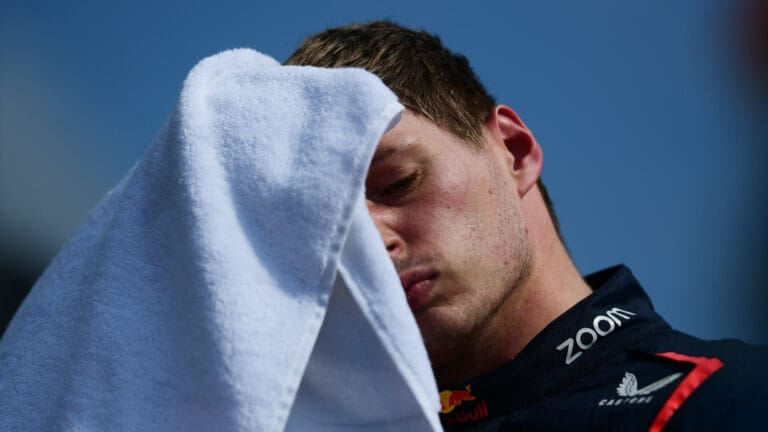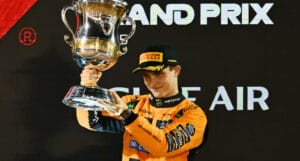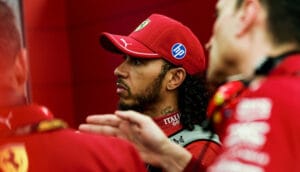In the lead-up to the Bahrain GP, the FIA met with various engine manufacturers to discuss a possible return of the V10. Over the past few months, much has been said and written about the comeback of a naturally aspirated power unit. The meeting revealed that for now, the current engine plans will be maintained, although Christian Horner believes the V10 dream does not necessarily have to be dead.
Red Bull team boss provided more clarity on the engine manufacturers’ meeting in Bahrain on Friday. During the meeting, all parties involved reached an agreement: the planned engine regulations for 2026 will continue as previously established. However, there was room for discussion about the longer term. According to Horner, who himself sees the romance of a V10 on sustainable fuels, it is not ruled out that large engine blocks will return to Formula 1.
“The FIA organized this meeting,” Horner explained. “It was a very productive meeting, where the FIA chairman simply asked for feedback on the next generation of engines.” He emphasized that the plans for 2026 are “absolutely fixed”, although there is indeed room for further changes in the future. “It’s a bit of a search for the facts now,” said Horner.
Economic Reality
“The romantic in me also sees that a screaming V10 could be attractive for Formula 1,” he admitted. Many fans and drivers have expressed their preference for the nostalgic sound of an atmospheric engine with more cylinders. “But it has to be done responsibly,” Horner warned. “What does that engine look like? Is it a V10? Is it a V8? That was actually the discussion this morning – what could the future look like? In that respect, I thought it was a healthy discussion; everyone was open to ideas.”
In addition to the technical future, the economic reality was also discussed. Horner warned that the sport must prepare for possible recessions, especially now that the world is dealing with large-scale trade restrictions and import tariffs. “We cannot ignore that,” he concluded. “One of the main topics is – regardless of the final regulations – that we must not lose sight of the costs. Because which direction will the automotive industry take in the future? And what effects will these import tariffs have in the long term? Formula 1 must be able to protect itself against that.”









